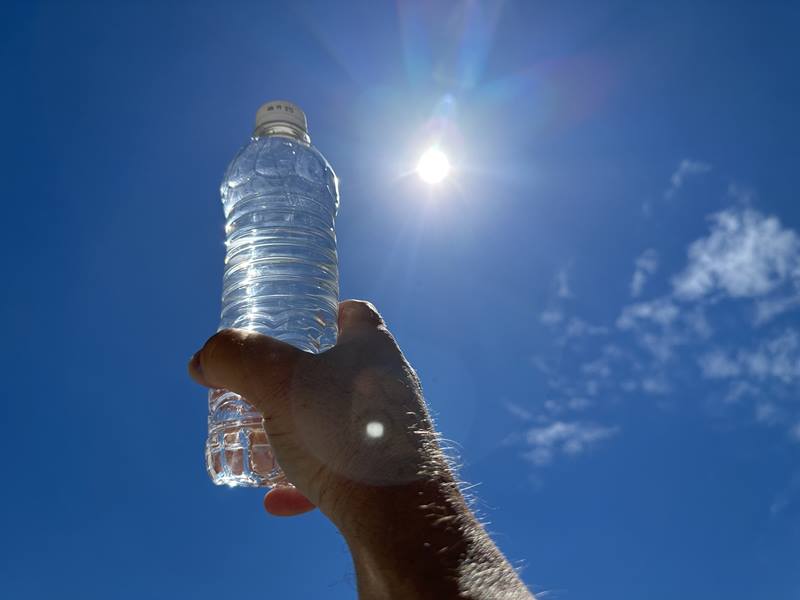Use Intermountain Connect Care®
Learn More.
How can we help?

As record-high temperatures are forecasted across Utah, Intermountain Health experts are warning residents and athletes to take precautions to know the signs of dehydration and other heat-related illnesses.
There are heat warnings around the state due to record breaking temperatures and this comes as Utahns prepare to celebrate Pioneer Day on July 24.
“The elderly and the sick are most susceptible to heat-related illnesses, but anyone out and about when it’s hot is at risk, especially those who exercise in the heat, said Adam Balls, MD, senior medical director of emergency medicine and trauma for Intermountain Health.
Dr. Balls offers these three important reminders to help Utahns avoid heat related illness:
“As you get higher up in the mountains, you’ll be even more vulnerable to the sun,” said Dr. Balls.
Certified athletic trainers with Intermountain Health also want to remind student athletes, their parents, and coaches how to stay safe in extreme temperatures, and avoid injuries as they prepare for the upcoming season.
Student athletes in Utah often train year-round, but after July 24, Utah High School Activities Association allows student athletes to officially return to training to prepare for the upcoming season. This comes as a triple digit heat wave hits the state and could cause heat illness for some athletes.
“This time of year, hydration and avoiding heat illness is a big concern with higher temperatures,” said Paige Janzen, ATC, Intermountain Health certified athletic trainer. “These problems can also be exacerbated depending on the playing field because artificial turf and concrete have higher temperatures than grass.”
Janzen offers these three additional reminders to stay safe in the sun and get the most out of training:
“Eating fruits and vegetables can help keep athletes hydrated, but it’s also important to be consuming the right proteins and carbohydrates for energy,” said Janzen. “At this age kids eat what they want with few consequences, but they may not realize the impacts it’s having on their performance.”
For example, trainers encourage their athletes to eat something with sodium after practice or a game so they can better retain the water they’re drinking. They say athletes should also avoid fatty and greasy foods at least two hours before competing.
Janzen says focusing on all aspects of an athlete’s health can ensure their better performance at a top level. Doing so can help avoid injuries while also helping athletes to recover faster when they do occur.
“Injuries are going to happen it’s a part of the game,” said Janzen. “It’s easier to recover when a person is already taking care of their body and knows the steps to take.”
What should you do if you have heat stroke or heat exhaustion?
Signs of heat exhaustion include heavy sweating, intense thirst, weakness, muscle cramps, discomfort, weak pulse, nausea, and dizziness. If you experience any of these symptoms, rest in the shade or a cool place and drink cool liquids.
Heat exhaustion can lead to heat stroke, which is potentially fatal. Symptoms include confusion and altered mental status, seizures, and loss of consciousness.
“If a person has heat stroke, we need to bring their temperatures down right away,” said Dr. Balls. “Someone who has symptoms of heat exhaustion and develops an altered mental status may be succumbing to heat stroke and needs to get out of the heat and seek medical attention immediately.”
Physicians, clinicians, and experts encourage everyone to plan ahead and know that in extremely high temperatures people may have to deviate from their normal routine to avoid dehydration and heat illness and to seek help when needed.
###